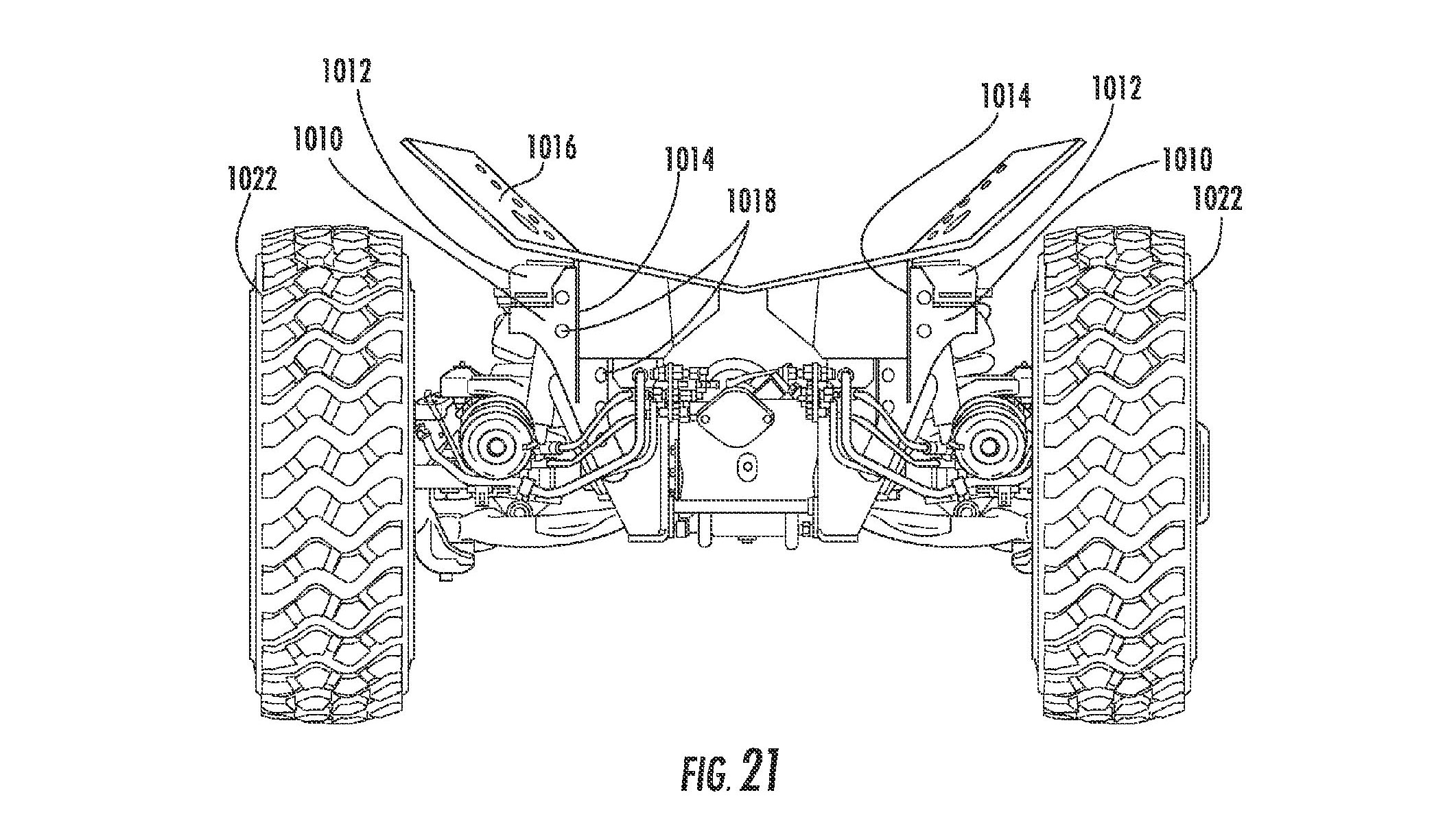
We respect your privacy. We use non-sensitive information such as cookies and device identifiers to insure that we give you the best experience on our website. You can agree to allow cookies or opt out.


Awards & Grants
2022 PhD Thesis nominated for the Andrew Webster PhD Prize, Association for Studies in Innovation, Science and Technology-UK. An annual prize for a PhD thesis that demonstrates outstanding quality in the STS/Innovation Studies field.
2020 Writing-up Grant, IJURR Foundation (£3,000). An International Journal of Urban and Regional Research Foundation grant that encourages research addressing the interconnection between social, economic and political processes and critically examining policies and their consequences.
2019 PGR Mobility Grant, University of Manchester (£2,000). A Humanities Strategic Investment Fund: Internationalization grant that supports internationalisation through research, teaching, and training with the best universities worldwide.
16-19 Faculty Postgraduate Research Studentship, three-year full PhD funding, The University of Manchester.
I completed my PhD Architecture with the Manchester Architecture Research Group (MARG) at the University of Manchester, attaining an Ai (no corrections) in April 2021. With the guidance of Prof Albena Yaneva and Dr Leandro Minuchin, I wrote my thesis entitled Politics of Survivability: How Military Technology Scripts Urban Relations. The thesis deploys Actor-Network Theory and Gilbert Simondon’s philosophy of technics to analyse the relationality of spatialisation (or making space) between human bodies, technical objects, and physical environments. I trace technological developments in utility patents, follow technical breakdowns, map human-nonhuman associations, and translate narratives across various documents (patents, military doctrine, mobility regulations) and languages (engineering, medical, industrial, legal).

Patent art showing Oshkosh’s TAK-4 independent suspension system; notice how there is no horizontal axle that connects both wheels, rather each wheel independently responds to the terrain (Schreiner, Roehl and Pelko, 2011, p. Sheet 19 of 21)
>>> Get thesis via British Library EThOS
>>> Read thesis at UoM Research Explorer
“This thesis scrutinises the spatialisation of contemporary urban warfare by embracing a symmetric perspective to the study of military technologies and its potential to script urban relations. While urban and architectural studies are at the forefront of engaging with such pressing issues, the predominant Critical approach remains largely social constructivist and anthropocentric. Technologies are treated as passive projections of Power; they neither break down nor evolve, and they lack agency relating users and environments. Rather than embracing the grand narratives that explain established power structures and social systems, we emphasise the need to study the spatialisation of urban warfare as a process that can be better unpacked at the level of the daily functioning of military technology. At that level, what becomes a vital matter of concern, a disputed issue is survivability. Exploring survivability allows us to examine the mundane relational politics connecting soldiers’ bodies to technical objects and urban landscapes, configuring new relations between humans and nonhumans.
The thesis thus makes three contributions to debates in urban studies, architectural humanities, and STS: 1) It advances the epistemological position that survivability is intrinsically connected to the functioning of military technical objects; 2) it expands on the relational theory of the architectural and the urban as a way of connecting, where armoured vehicles extend the scope of architectural and urban research beyond the figure of the static building; 3) it answers a methodological question about employing technical objects to study the spatialisation of urban warfare and the reduction of the landscape into terrain. All three contributions advance a pragmatist perspective on a relational politics of survivability through human-nonhuman interdependency.”